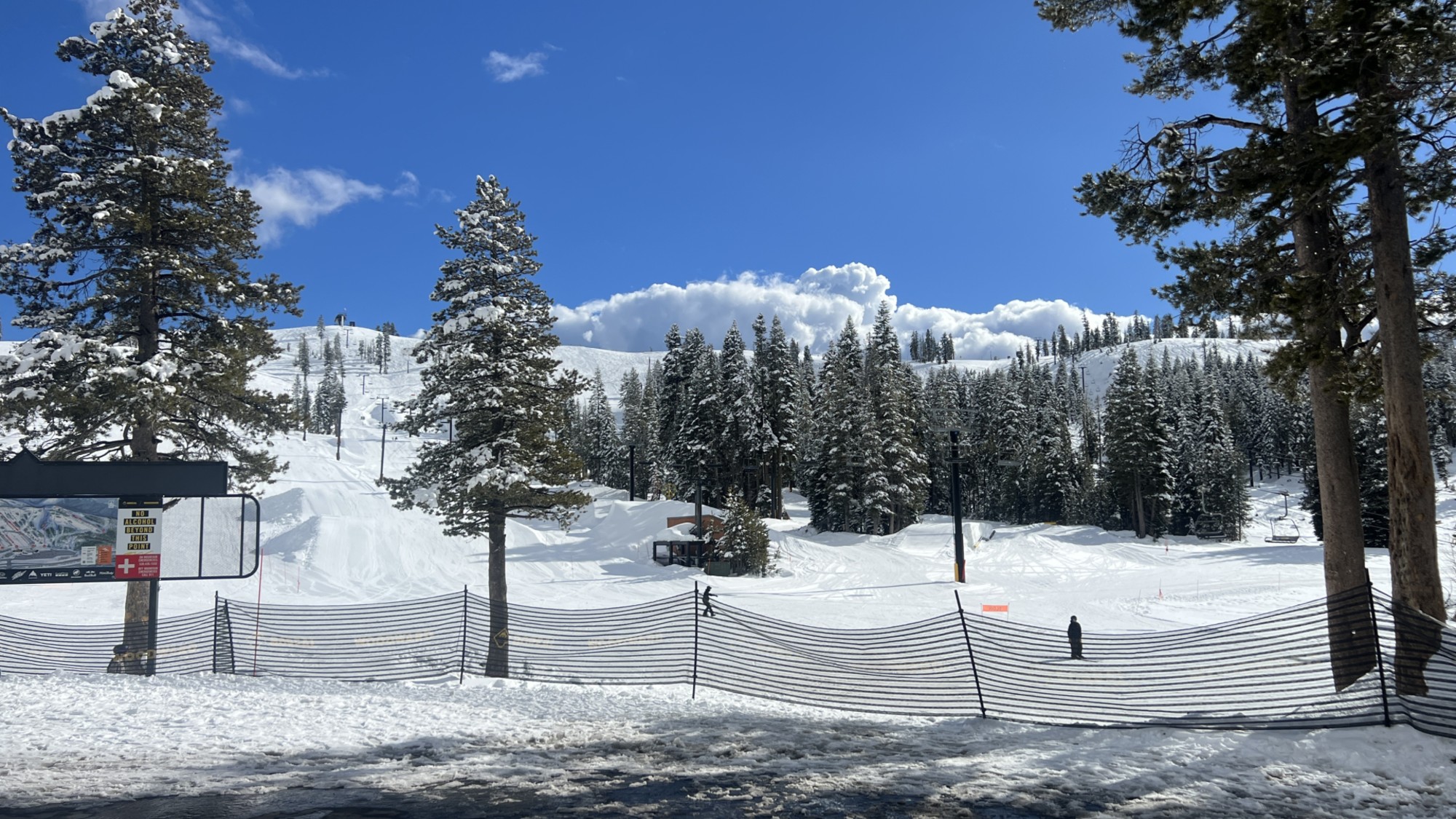More money for troubled banks
President-elect Barack Obama asked Congress to release another $350 billion in financial-rescue funds.
A free daily email with the biggest news stories of the day – and the best features from TheWeek.com
You are now subscribed
Your newsletter sign-up was successful
President-elect Barack Obama this week asked Congress to release another $350 billion in financial-rescue funds, but he met resistance from lawmakers highly critical of how the entire $700 billion rescue program has been managed. “People feel they got burned,” said Democratic Sen. Kent Conrad of North Dakota, who complained that banks were allowed to “hoard” the funds rather than lend them to businesses and consumers. Democratic lawmakers demanded details on where the first $350 billion installment wound up, and also said they wanted a significant portion of the remaining money to be used to prevent home foreclosures. Republicans complained that billions of the first installment were used to bail out Detroit automakers.
Obama said he shares concerns over the Bush administration’s management of the bailout, known formally as the Troubled Assets Relief Program. But he said that given the fragility of the financial system, the Treasury Department needed the “potential ammunition” to fight off another financial panic. Despite lawmakers’ complaints, the Democratic-controlled Congress is likely to approve the request.
Congress is right to be skeptical, said Investor’s Business Daily in an editorial. If taxpayers must rescue financial firms, “shouldn’t they at least know where their money is going?” It’s encouraging that Obama has promised to be more forthcoming about who’s getting the money and how it is to be used. But Congress shouldn’t take his word for it. Give him the funds—with plenty of strings attached.
The Week
Escape your echo chamber. Get the facts behind the news, plus analysis from multiple perspectives.

Sign up for The Week's Free Newsletters
From our morning news briefing to a weekly Good News Newsletter, get the best of The Week delivered directly to your inbox.
From our morning news briefing to a weekly Good News Newsletter, get the best of The Week delivered directly to your inbox.
The strings should be tied to the banks, not the White House, said David Smick in The Washington Post. “Our banks are sitting on mountains of capital,” with $800 billion in total excess cash reserves; in normal times, those reserves rarely exceed $7 billion. “These are hardly noble institutions,” despite Treasury Secretary Hank Paulson’s kid-glove treatment of them. Obama can signal a major change in tone by using his “bully pulpit” to browbeat the banks into actually lending out their bailout bucks.
The last thing our troubled economy needs is to have the government micromanaging the private sector, said Dick Morris in Realclearpolitics.com. Before releasing the remaining $350 billion, Congress should ensure that the government will not use its “leverage” to turn banks into wards of the state. Congress does need to approve the bailout money to help stave off a depression. But by placing strict limits on government muscle-flexing, Congress “has a historic opportunity to demonstrate its preference for the free-enterprise system over socialism.”
A free daily email with the biggest news stories of the day – and the best features from TheWeek.com
-
 6 fantastic homes with fun rooms for kids
6 fantastic homes with fun rooms for kidsFeature Featuring an organic modern house in Austin and historic Chicago abode
-
 Democrats seek calm and counterprogramming ahead of SOTU
Democrats seek calm and counterprogramming ahead of SOTUIN THE SPOTLIGHT How does the party out of power plan to mark the president’s first State of the Union speech of his second term? It’s still figuring that out.
-
 Climate change is creating more dangerous avalanches
Climate change is creating more dangerous avalanchesThe Explainer Several major ones have recently occurred
-
 The billionaires’ wealth tax: a catastrophe for California?
The billionaires’ wealth tax: a catastrophe for California?Talking Point Peter Thiel and Larry Page preparing to change state residency
-
 Bari Weiss’ ‘60 Minutes’ scandal is about more than one report
Bari Weiss’ ‘60 Minutes’ scandal is about more than one reportIN THE SPOTLIGHT By blocking an approved segment on a controversial prison holding US deportees in El Salvador, the editor-in-chief of CBS News has become the main story
-
 Has Zohran Mamdani shown the Democrats how to win again?
Has Zohran Mamdani shown the Democrats how to win again?Today’s Big Question New York City mayoral election touted as victory for left-wing populists but moderate centrist wins elsewhere present more complex path for Democratic Party
-
 Millions turn out for anti-Trump ‘No Kings’ rallies
Millions turn out for anti-Trump ‘No Kings’ ralliesSpeed Read An estimated 7 million people participated, 2 million more than at the first ‘No Kings’ protest in June
-
 Ghislaine Maxwell: angling for a Trump pardon
Ghislaine Maxwell: angling for a Trump pardonTalking Point Convicted sex trafficker's testimony could shed new light on president's links to Jeffrey Epstein
-
 The last words and final moments of 40 presidents
The last words and final moments of 40 presidentsThe Explainer Some are eloquent quotes worthy of the holders of the highest office in the nation, and others... aren't
-
 The JFK files: the truth at last?
The JFK files: the truth at last?In The Spotlight More than 64,000 previously classified documents relating the 1963 assassination of John F. Kennedy have been released by the Trump administration
-
 'Seriously, not literally': how should the world take Donald Trump?
'Seriously, not literally': how should the world take Donald Trump?Today's big question White House rhetoric and reality look likely to become increasingly blurred